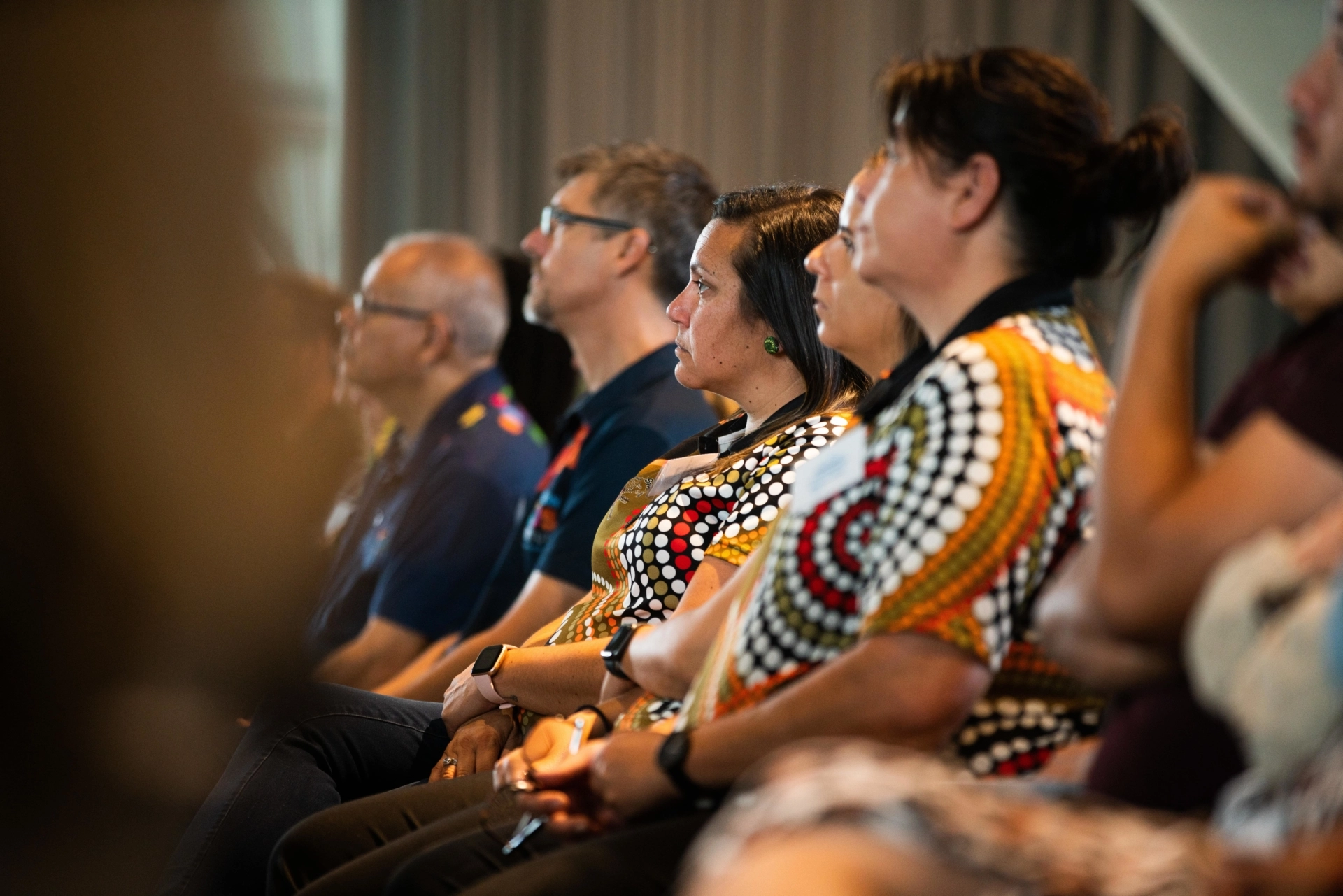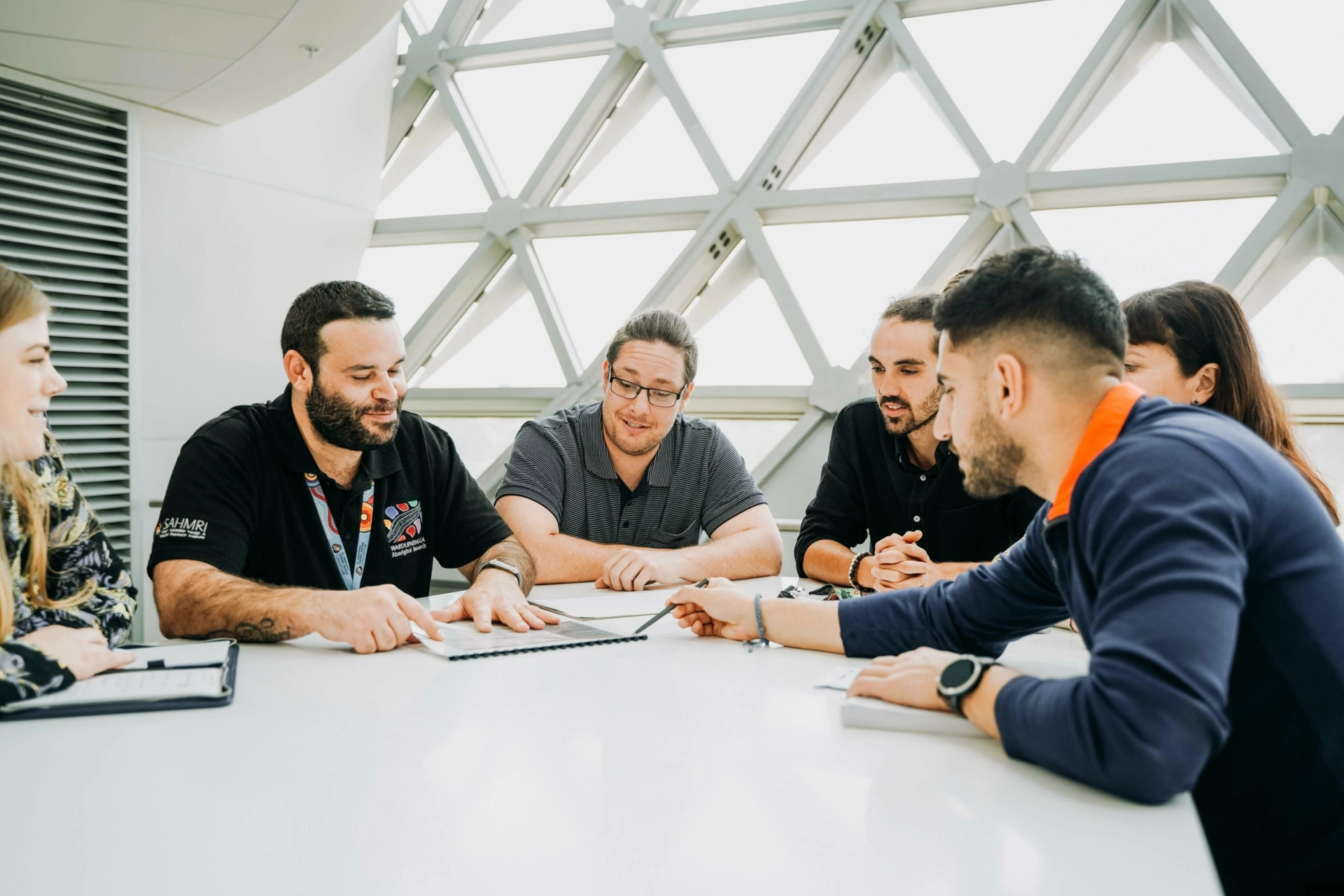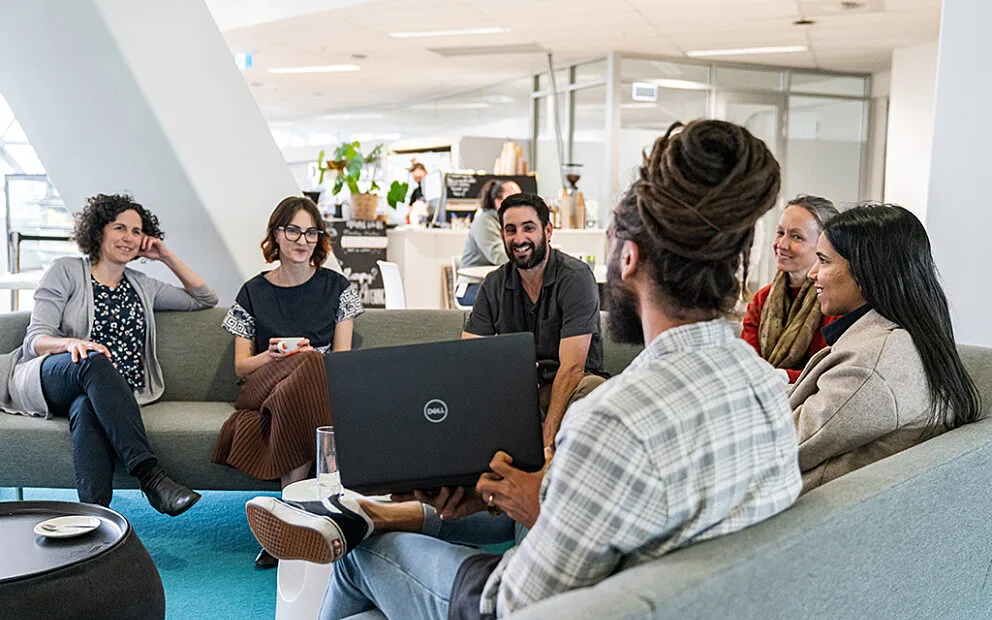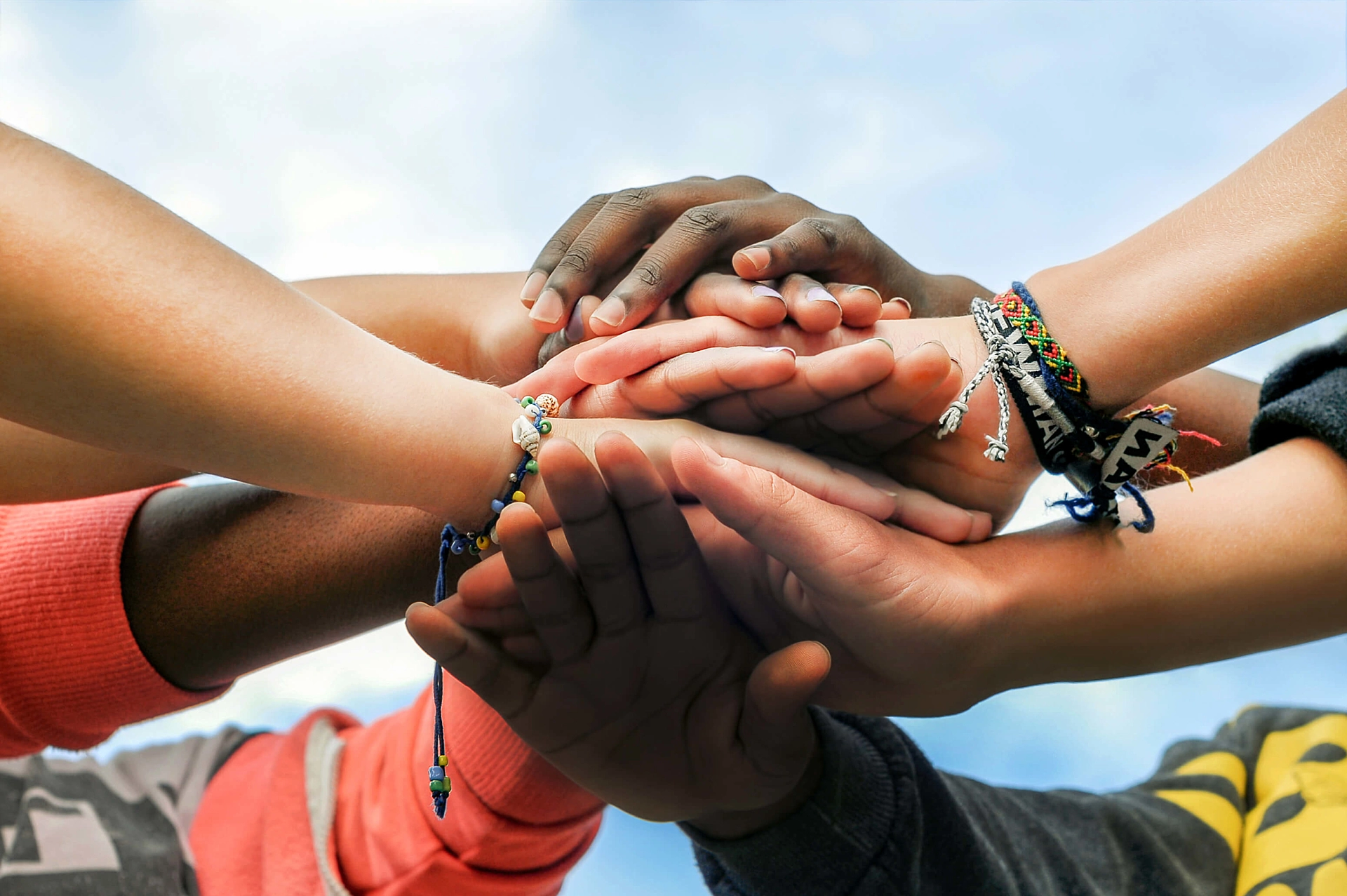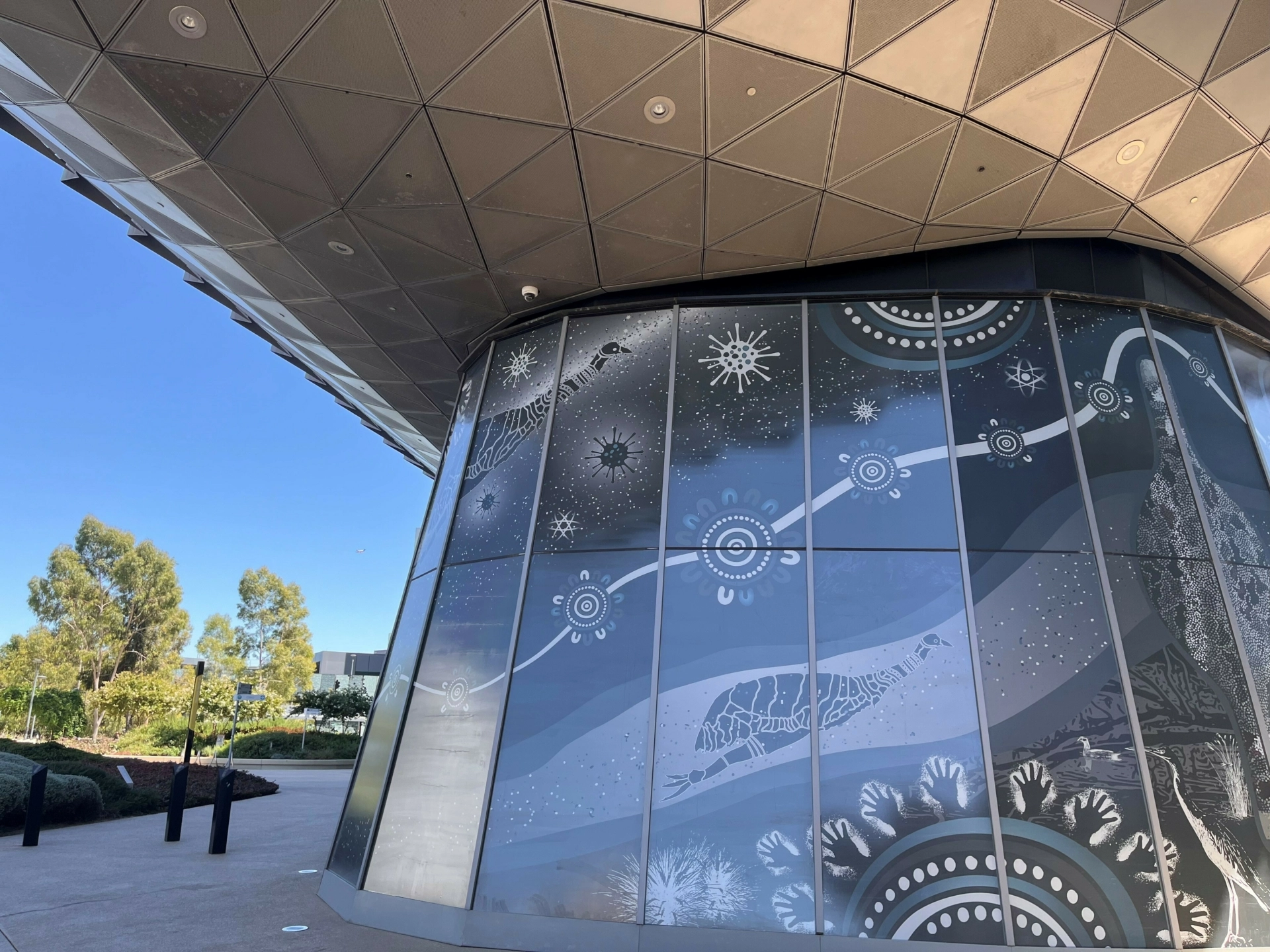On the 13 February 2018, the 10th Anniversary of the Apology to the Stolen Generation and their Descendants, SAHMRI launched our inaugural Innovate Reconciliation Action Plan (RAP) which was endorsed by Reconciliation Australia.
We are now in the process of seeking endorsement for our Stretch RAP, which will have a specific focus on Reconciliation leadership and working with community, using our research to make health services more culturally suitable and therefore effective.
What is a RAP and why is it important to SAHMRI?
RAPs are practical plans of action to help advance Reconciliation between Aboriginal and Torres Strait Islander people and other Australians in workplaces and beyond. They help build understanding, promote meaningful engagement, increase equality, create sustainable employment opportunities and other positive outcomes in these environments.
Since its inception, one of SAHMRI’s priorities has been to incorporate Aboriginal health research across all of its research and as a key platform of SAHMRI business – Aboriginal health is something that is at the heart of everything SAHMRI does.
As a relatively new and developing health and medical research institute, SAHMRI has the opportunity to develop a platform for Reconciliation that can have a far-reaching impact on staff, research projects and, in turn, the Aboriginal and Torres Strait Islander community and broader community.
An effective RAP will influence the work of the institute, as well as the interactions and potential outcomes of key research partners both here in South Australia and across Australia.
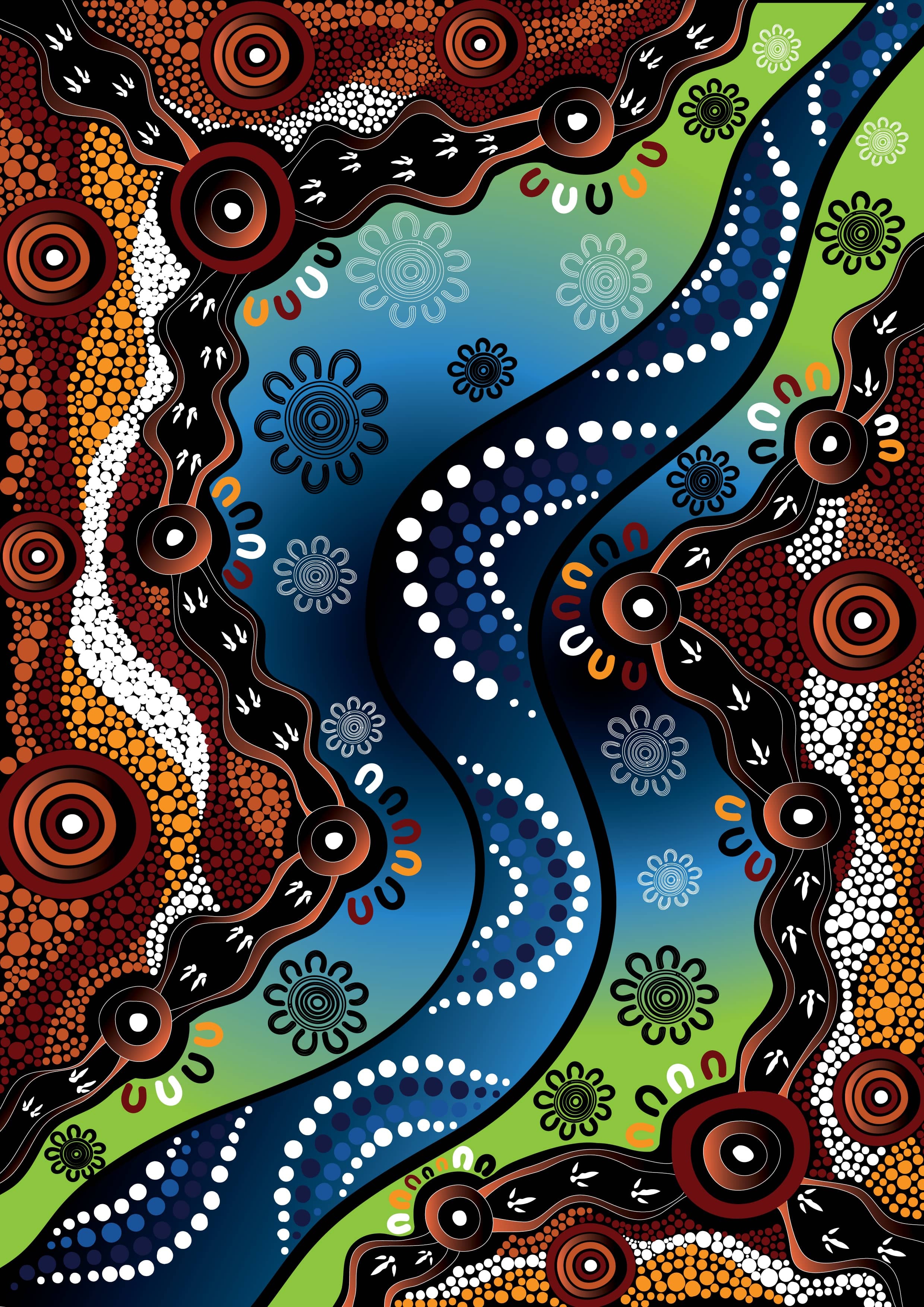
SAHMRI's RAP Artwork
Our RAP artwork Karrawirra Pari extends from our Innovate RAP journey. Created by Allan Sumner, community artist of Ngarrindjeri, Yankunytjatjara and Kaurna descent, in collaboration with SAHMRI to reflect the commitment to Reconciliation and to building strong partnerships through opportunities and trusted relationships. The artwork is reflective of the vibrant landscape along the River Torrens, a special place for Kaurna people and where the SAHMRI building is located.
Our Indigenous Collective resonate strongly with the story of the artwork, its time of development and feel it is well established as part of our identity in this space within SAHMRI and the wider community.
Click here to learn the meaning behind the artwork.
SAHMRI's RAP Champion
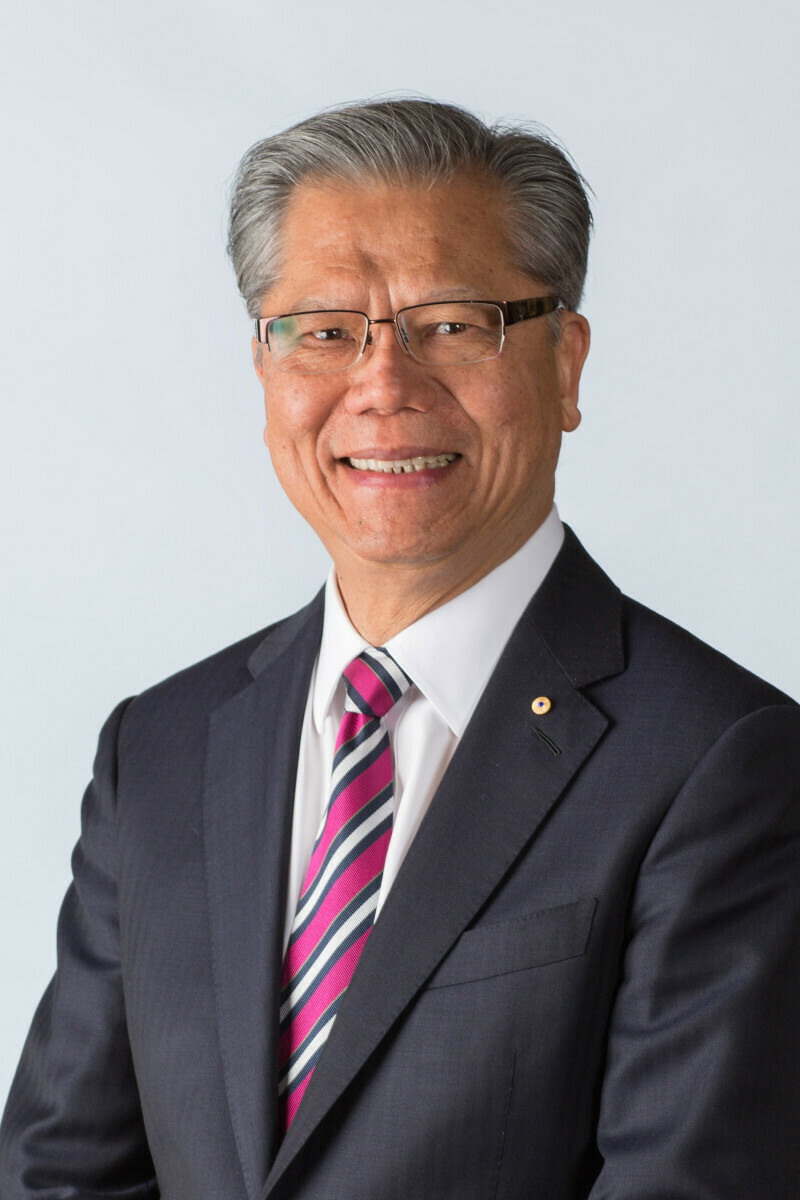
SAHMRI's Chair, the Hon. Hieu Van Le AC, is SAHMRI's designated RAP Champion.
A RAP Champion is someone who lives the values, and demonstrates the behaviours, that are detailed within our Reconciliation Action Plan; someone whose example can accelerate the bringing together of Indigenous and non-Indigenous Australians so we can all enjoy the benefits of being a truly unified nation.
Anyone can be RAP Champion - Chances are, you’re already acting like one.
The actions of a RAP Champion can be as simple as acknowledging country before a meeting or as overt as calling out racist behaviour. Reconciliation Australia has compiled these 20 Actions for Reconciliation that a RAP Champion might demonstrate.
Many of us are living as RAP Champions already through the work we do at SAHMRI. When your research addresses the gap in health outcomes between Indigenous and non-Indigenous Australians, you are embodying what the Reconciliation process aims to achieve.
If you would like to know more about how you can actively contribute to Reconciliation, please contact reconciliation@sahmri.com.
